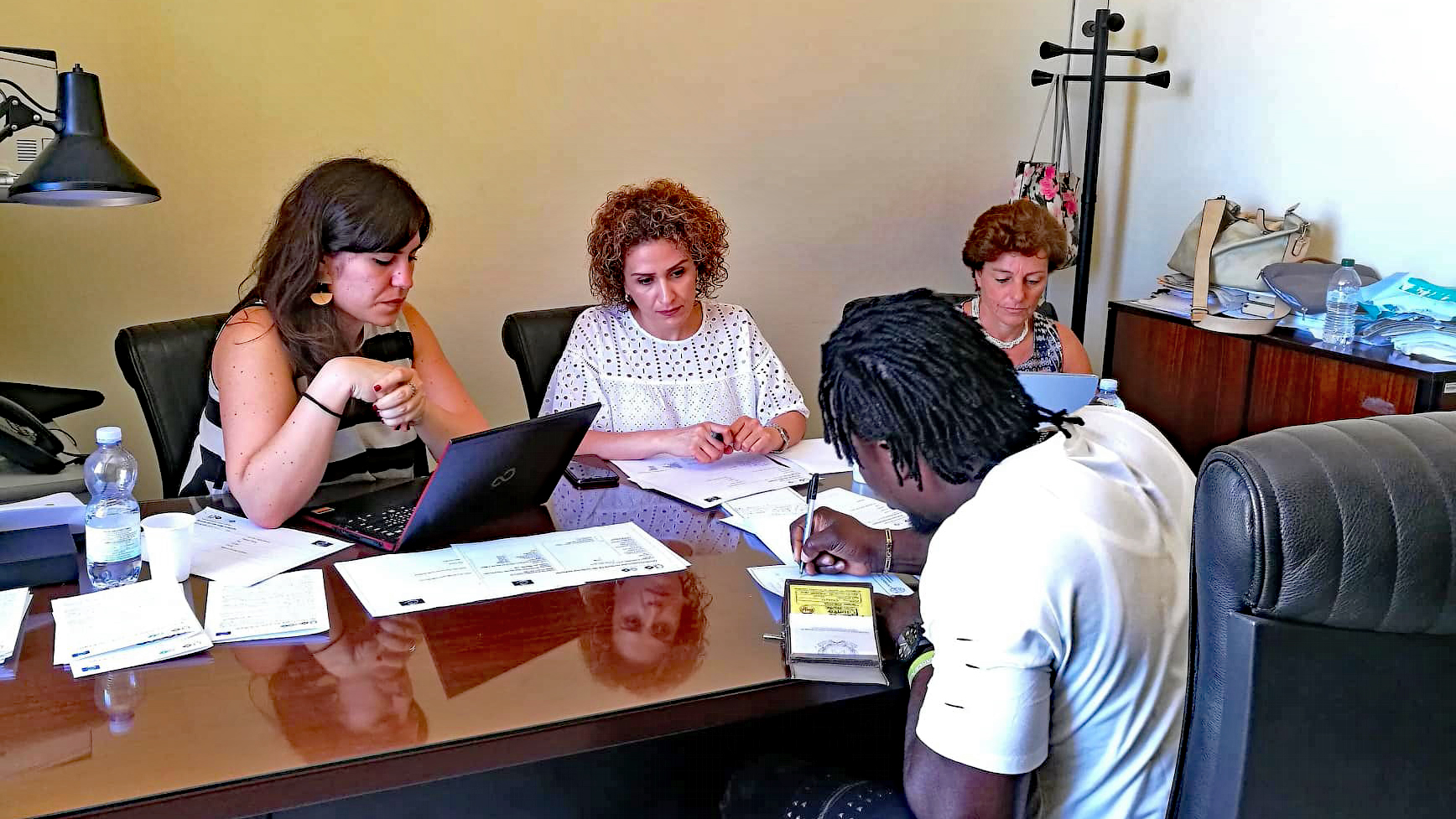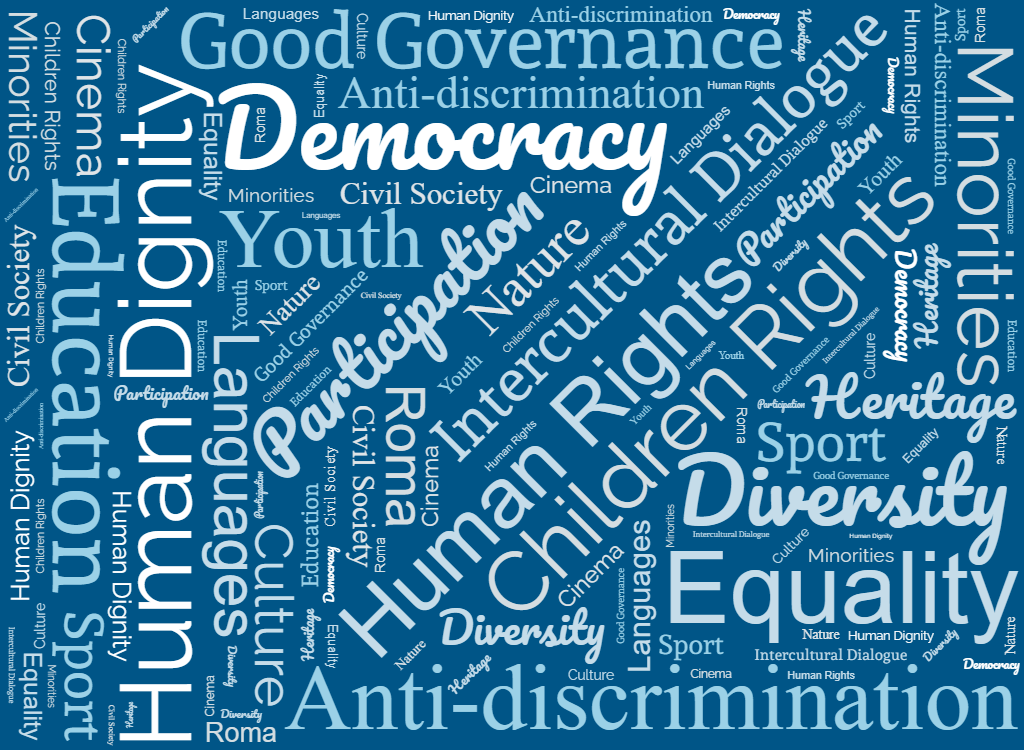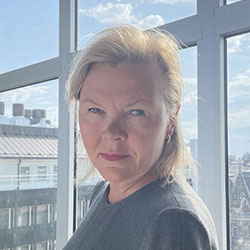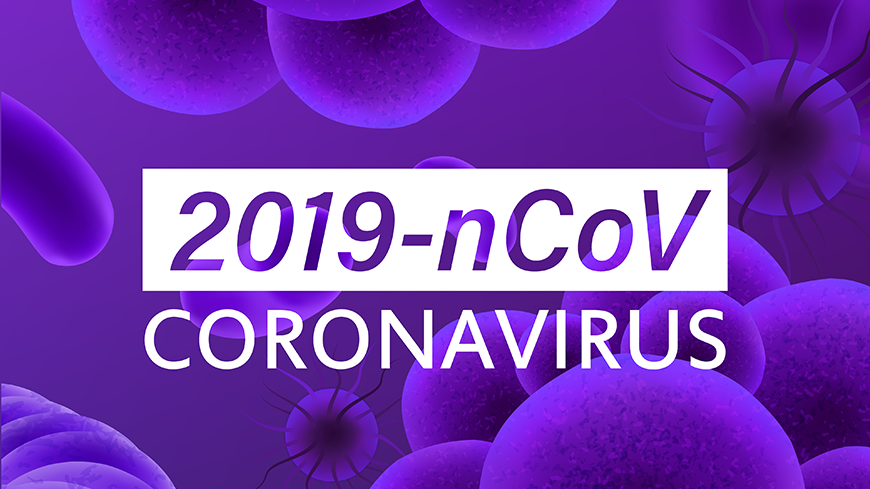For the first time, an assessment session of the European Qualifications Passport for Refugees (EQPR) was held in Italy, in Sardinia. From 2 to 6 July, forty-two refugees were interviewed by credentials evaluators from the national recognition centres (ENIC/NARICs) of Armenia, France, Germany, Italy and Norway and of the universities of Cagliari and Sassari.
During this assessment session, both refugees claiming higher education qualifications and refugees claiming secondary education qualifications were interviewed. The interviews took place at the premises of the University of Cagliari and the University of Sassari. Eleven EQPRs were issued as a result of the assessments held in Cagliari, the final assessment of the candidates interviewed in Sassari is still on-going.
This is the second assessment session organised in the new phase of the EQPR, which will last three years (2018-2020). During the first assessment session that took place in Athens from 11 to 15 June, forty-eight refugees were interviewed and forty-three EQPRs were issued. The next assessment sessions will take place in the autumn in Greece, Italy and the Netherlands.
The EQPR is the only international instrument developed to facilitate the recognition of refugees’ qualifications in the absence of full documentation that could be used also if refugees move to new host countries in Europe without the need to undergo additional assessments.

“I’m confident that this project will be instrumental in ensuring that refugees can have their skills and qualifications recognised thereby allowing them to contribute to their new host societies through further education and employment”, he emphasised.
The EQPR is one of the initiatives supported by the Council of Europe Action Plan on Protecting Refugee and Migrant Children in Europe (2017-2019). The aim of the Action Plan is to support member states in developing and implementing strategies that address the challenges and issues faced by refugee and migrant children. The EQPR is an initiative that contributes to the Action Plan’s objective of ensuring that refugee and migrant children are provided with an education.
For more information:
Project “European Qualifications Passport for Refugees”
Council of Europe Action Plan on Protecting Refugee and Migrant Children in Europe (2017-2019)







